For luxury travelers, a hotel is more than just a place to rest—it’s an immersive experience that starts from the first impression. Nowadays, it’s even more challenging to meet guests’ expectations, especially with increasing competition and amenities presented on social media. This causes the bar to be set higher and higher every year. The brand must convey exclusivity, impeccable service, and thoughtful design that resonates on a personal level. In this article, we delve into eight critical branding features that can transform a hotel’s image and captivate the luxury market.
1. Consistent Brand Narrative and Identity
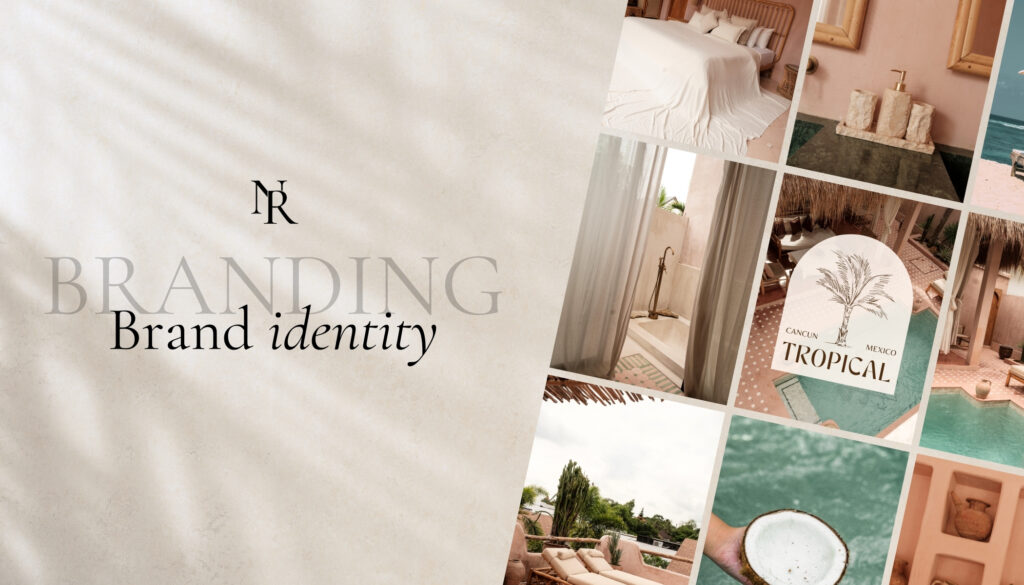
A well-defined and consistent brand narrative is essential in establishing trust and desirability among luxury travelers. Every element—from the logo and tagline to the tone of voice in marketing materials—must reinforce the hotel’s identity. This consistency helps to:
- Aesthetics: Establish a recognizable image that differentiates the hotel from competitors.
- Storytelling: Create an emotional connection by telling a story that resonates with guests’ aspirations.
- Values: Reinforce quality and exclusivity at every touchpoint, ensuring that every interaction reflects the brand’s core values.
2. Superior Customer Service and Personalization
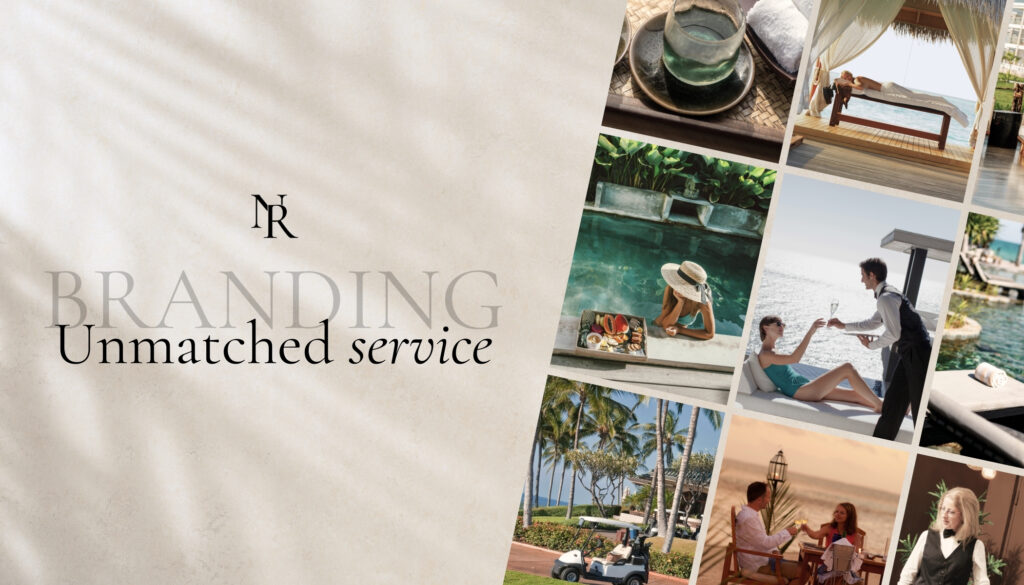
Luxury is synonymous with impeccable service. Travelers in this segment expect a level of attention that anticipates their needs before they even articulate them. Key aspects include:
- Personalized Experiences: Utilizing guest data to tailor experiences—from custom room preferences to bespoke itineraries—enhances the overall impression.
- Proactive Service: Staff trained to go the extra mile can create memorable moments that set the hotel apart.
- 24/7 Availability: Seamless support and concierge services ensure that every aspect of the guest’s stay is taken care of, reinforcing the luxury promise.
3. Architectural Elegance and Interior Design

The physical space of a luxury hotel is a critical component of its brand. Design elements must communicate sophistication, comfort, and exclusivity:
- Signature Design Aesthetics: Unique architectural features and thoughtfully curated interiors create a memorable atmosphere that reflects the hotel’s brand story.
- Attention to Detail: From the selection of materials to the art on the walls, every detail should contribute to an ambiance that exudes luxury.
- Functional Elegance: While beauty is paramount, practical aspects such as spacious layouts and innovative design also enhance guest comfort.
4. Curated Digital Presence and Seamless Online Experience
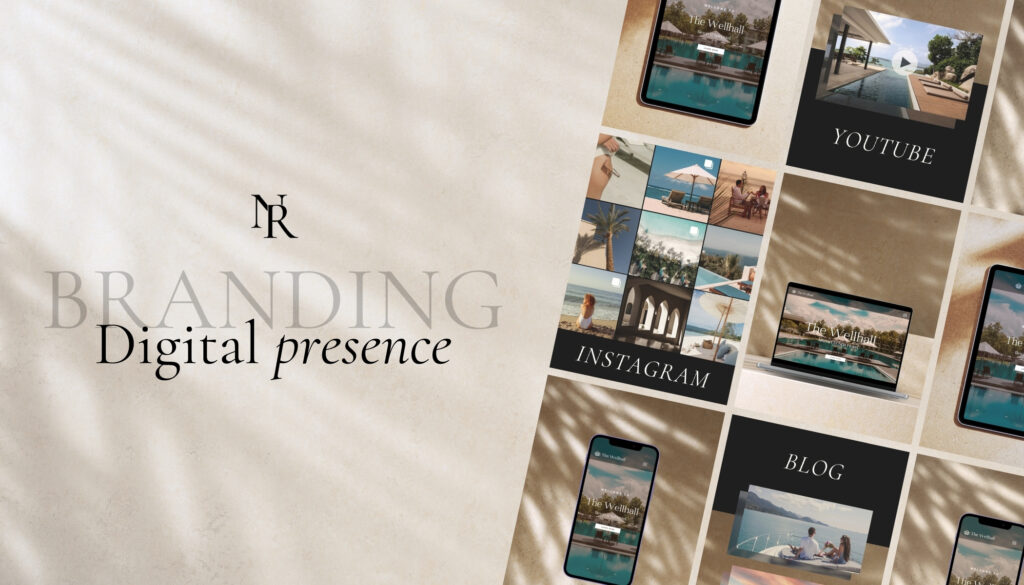
In today’s digital era, the online experience is often the first interaction a potential guest has with a hotel brand. A luxurious digital presence can set the tone for the entire experience:
- High-Quality Visuals and Content: Professional photography and engaging multimedia content convey the essence of luxury and create aspirational value.
- User-Friendly Website: An intuitive, responsive website with easy navigation, clear information, and an effortless booking process is essential.
- Social Media Storytelling: Platforms like Instagram and YouTube allow hotels to share behind-the-scenes glimpses, guest testimonials, and the unique lifestyle that the brand represents.
- Engaging articles: Publishing articles on both the hotel’s website and other sites is an additional way to tell the story and intrigue customers who want to learn more.
5. Exclusive and Authentic Experiences

Luxury travelers crave experiences that go beyond standard amenities. They seek authenticity, exclusivity, and cultural immersion:
- Tailored Local Experiences: Curated excursions, culinary experiences, and cultural events that are unique to the locale enhance the overall impression.
- Limited-Edition Offerings: Exclusive packages, limited-time events, and collaborations with renowned artists or chefs can heighten the perception of exclusivity.
- Story-Driven Experiences: Embedding local history, art, or tradition into the guest experience creates a deeper, more meaningful connection with the destination.
6. Attention to Detail and High-Quality Amenities

The hallmark of a luxury brand is evident in the finer details. Every element should speak to a commitment to excellence:
- Curated Amenities: High-end toiletries, bespoke furnishings, and state-of-the-art technology in rooms and common areas signal quality and care.
- Ambience Enhancements: Subtle touches such as signature scents, curated music playlists, and personalized welcome notes add to the overall luxury experience.
- Consistency Across All Spaces: Whether it’s the lobby, spa, or dining areas, every space should reflect a unified commitment to luxury and comfort.
7. Sustainability and Responsible Luxury
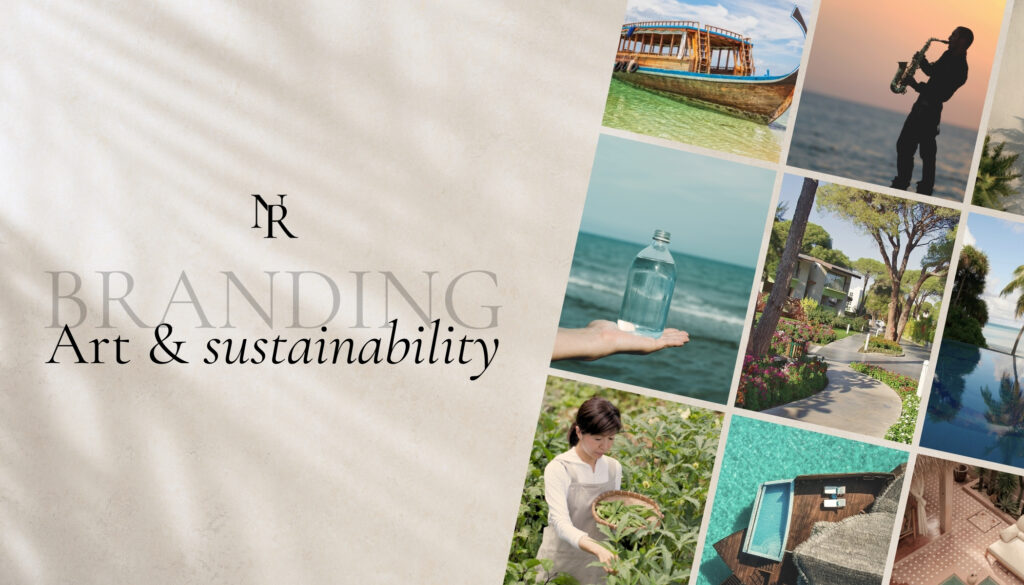
Modern luxury travelers increasingly value brands that demonstrate environmental and social responsibility. Integrating sustainability into the brand narrative can enhance appeal:
- Eco-Friendly Practices: Energy-efficient systems, locally sourced materials, and robust recycling programs show a commitment to the environment.
- Ethical Partnerships: Collaborations with local artisans and community initiatives reinforce a sense of authenticity and responsibility.
- Transparent Messaging: Clear communication about sustainability initiatives builds trust and reinforces that luxury can coexist with environmental stewardship.
8. Culinary Heritage Reimagined
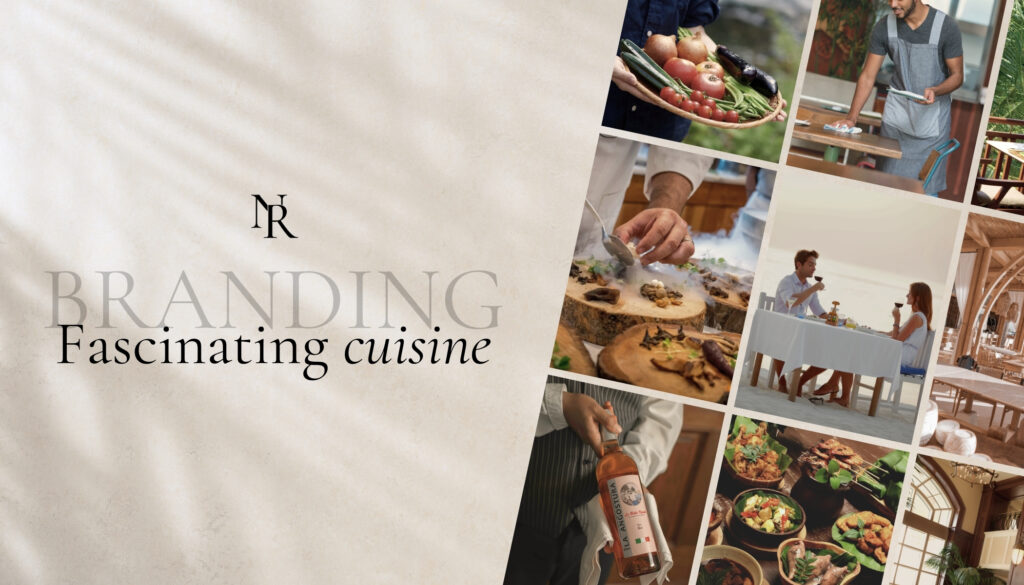
Dining in luxury hotels transforms into an immersive journey when traditional flavors are reimagined through modern innovation, to meet different guests’ expectations. This approach connects time-honored recipes with contemporary techniques, inviting to savor the region’s cultural essence in every bite. It creates an experience where culinary artistry and local heritage come together in perfect harmony.
- Fusion of Tradition and Innovation: Classic recipes are updated with modern culinary techniques to create a fresh, yet familiar, dining experience.
- Locally Sourced Ingredients: Emphasis is placed on the freshest regional produce, ensuring authenticity and sustainability.
- Artful Presentation: Every dish is meticulously plated to visually narrate the story of the locale’s rich heritage.
Conclusion
In a competitive market, luxury hotels must do more than just provide high-end services; they need to create an immersive brand experience that resonates with sophisticated travelers. By focusing on a consistent brand narrative, superior service, architectural elegance, digital excellence, exclusive experiences, meticulous attention to detail, and sustainable practices, hotels can forge lasting impressions that not only attract but also deeply satisfy the discerning luxury traveler.

